
An investigation into the burden of dilated perivascular spaces (dPVS) in children with sickle cell disease (SCD) confirmed that those with SCD experience more severe manifestations of dPVS compared with the general population.

An investigation into the burden of dilated perivascular spaces (dPVS) in children with sickle cell disease (SCD) confirmed that those with SCD experience more severe manifestations of dPVS compared with the general population.
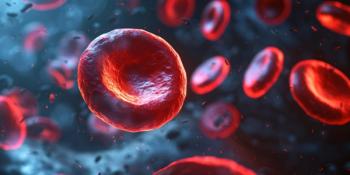
For patients with paroxysmal nocturnal hemoglobinuria (PNH), crovalimab has emerged as an additional treatment option with a similar safety and efficacy profile to eculizumab,

Results from a cross-sectional study revealed the gaps in knowledge related to fertility risks among patients with sickle cell disease (SCD), as well as shed light on patient perspectives on fertility treatments.

Sickle cell trait (SCT) and pregnancy each exacerbate the symptoms of COVID-19. As a result, pregnant individuals with SCT may have a higher risk of COVID-19 infection.
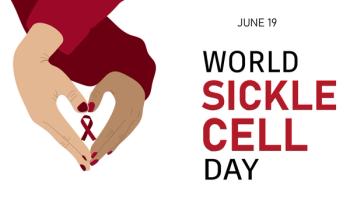
June 19 is marked as World Sickle Cell Awareness Day, granting the opportunity to reflect on the current state of treatment, access, equity, and more that impacts patients living with sickle cell disease.
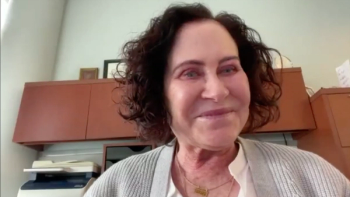
Amy Shapiro, MD, medical director, Indiana Hemophilia and Thrombosis Center, discusses an ongoing trial and novel development in plasminogen deficiency type 1.

The multinational, open-label, controlled, randomized, crossover, phase 3 TAK-755 (NCT03393975) trial demonstrated superior efficacy and safety of recombinant ADAMTS13 as prophylaxis in patients with congenital thrombotic thrombocytopenic purpura (cTTP) compared with standard therapy.
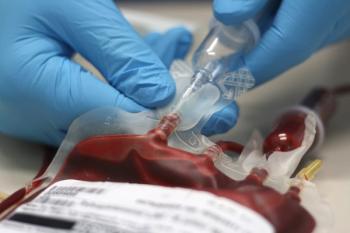
An analysis of 2 phase 3 trials supporting the use of pegcetacoplan (PEG) in the treatment of paroxysmal nocturnal hemoglobinuria (PNH) assessed the benefits of this treatment compared with eculizumab (ECU) and supportive care measures.

Amy Shapiro, MD, medical director, Indiana Hemophilia and Thrombosis Center, discusses the clinical trials that influenced plasminogen's (Ryplazim; Kedrion Biopharma) FDA approval, as well as details valuable information for the treatment of patients with plasminogen deficiency.

Amy Shapiro, MD, medical director, Indiana Hemophilia and Thrombosis Center, continues her discussion on plasminogen deficiency type 1 by highlighting the recent FDA approval of plasminogen (Ryplazim; Kedrion Biopharma), the first treatment specifically indicated for this disorder.
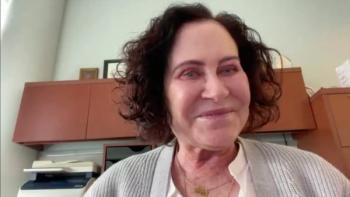
Amy Shapiro, MD, medical director of Indiana Hemophilia and Thrombosis Center, joined AJMC to shed light on a broadly overlooked disorder: plasminogen deficiency type-1.

A cross-sectional analysis assessed the birth prevalence of sickle cell disease (SCD) alongside data on social vulnerability to highlight the needs of communities impacted by SCD.
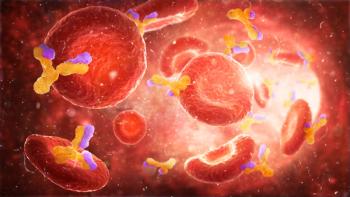
A retrospective analysis suggested that immune cells play a role in the progression of paroxysmal nocturnal hemoglobinuria (PNH).

A team of researchers developed 3 quality improvement measures embedded in electronic health records (EHRs) to improve care delivery in patients with heparin-induced thrombocytopenia.
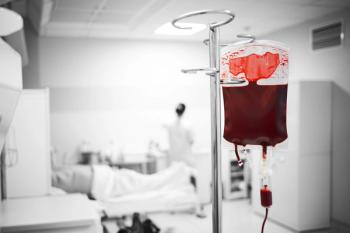
An ongoing, phase 3, open-label study demonstrated the efficacy of exagamglogene autotemcel (exa-cel) infusion to promote transfusion dependence in patients with transfusion-dependent β-thalassemia (TDT).

A cost-utility analysis conducted from the perspective of the Italian health system found that pegcetacoplan was more effective and less costly than 2 complement 5 (C5) inhibitors for the treatment of paroxysmal nocturnal hemoglobinuria (PNH).

In a registry-based analysis, more hospitalized children with SCD and COVID-19 had severe infection requiring supplemental oxygen, compared with the general population.

A retrospective cohort study assessed patterns of opioid use in children with sickle cell disease (SCD) following their initial opioid prescription for pain management, finding that concerning patterns of opioid abuse did not develop.
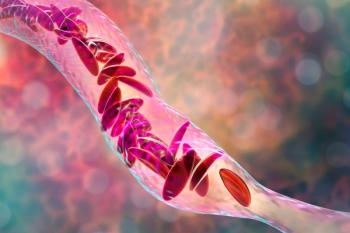
A retrospective study reveals that measures of cognitive function, specifically processing speeds, decline in individuals with sickle cell disease as they grow older.

The first-in-class oral factor D inhibitor danicopan (Voydeya) has been approved for the management of extravascular hemolysis in patients with paroxysmal nocturnal hemoglobinuria (PNH).

A retrospective, qualitative cohort study concludes that patients with sickle cell disease (SCD) may have been negatively impacted by the 2016 CDC guidance.
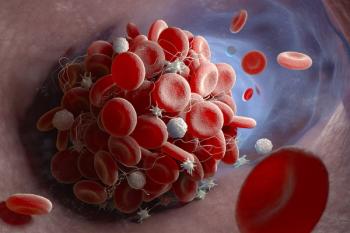
A descriptive, qualitative study investigated the experiences and perspectives of patients with venous thromboembolism on shared decision-making and treatment with anticoagulants.
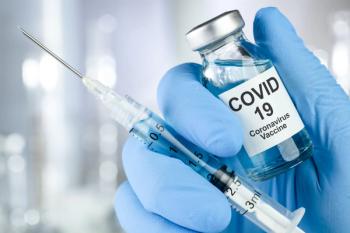
A single-center, retrospective study examined the management of thrombotic events in patients presenting with thrombocytopenia following vaccination against COVID-19.
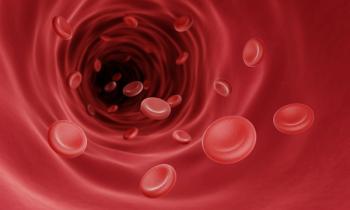
A single-center, retrospective study demonstrated the major success of immunosuppressive therapies in contributing to complete remission in patients with acquired hemophilia A.
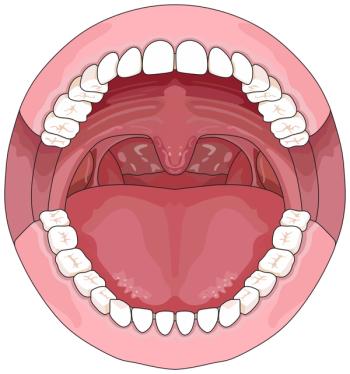
A cross-sectional study analyzing morphological and dimensional features of palatal rugae patters revealed that distinct anomalies exist in children with sickle cell disease (SCD) compared with children without.

259 Prospect Plains Rd, Bldg H
Cranbury, NJ 08512
© 2025 MJH Life Sciences®
All rights reserved.
